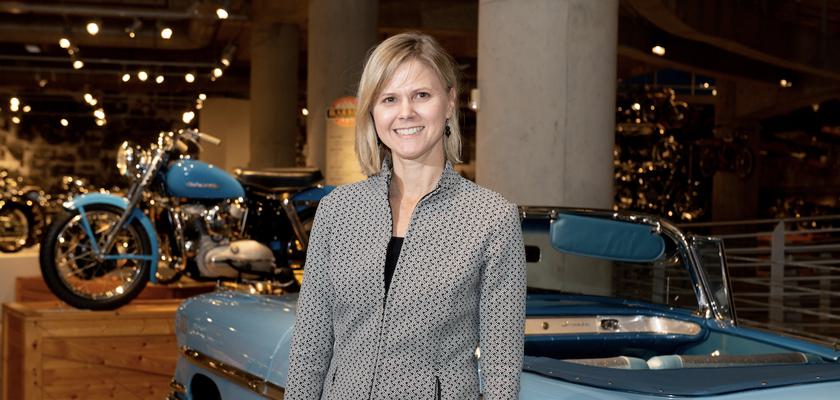The recent leak of the United States Supreme Court draft opinion in Dobbs v. Jackson Women’s Health Organization has stirred strong and quick reactions from the pro-choice crowd. With the possibility that the Court could indeed overturn the landmark 1973 Roe v. Wade case legalizing abortion nationwide and return the issue to the state level, pro-choicers have been nothing short of hostile and full of hyperbolic drama.
It’s really no surprise.
As I have previously argued, the pro-choice position is one that adopts a restrictive and dark vision of both women and society. Unable to make any coherent and uplifting arguments to support their purported position of “choice,” they must therefore resort to name-calling, calls for civil unrest and fear tactics. It’s no wonder they are even now pushing a distorted understanding of federalism, our Constitution, and human nature itself to suggest federal power is the world’s only safeguard against (presumably always evil) state activity.
It’s all nonsense, of course, and I’m increasingly convinced it’s simply an attempt to distract pro-lifers from the optimism they should be feeling right now—as well as embracing the momentum that comes along with it.
Without a doubt, those in the pro-life movement have every reason to be optimistic that we finally have a Court willing to correct the long-standing damage Roe has caused to the dignity of the human person and the Constitution itself. And while many of us pro-lifers would prefer to have the Court constitutionally protect the unborn nationwide, it is undeniably a win-in-the-right-direction if the Court provides states the freedom to protect an innocent child from an undeserved death within its own boundaries.
We Alabamians should also be optimistic that we live in a state where our leaders have already gone on the record to express a commitment to the unborn. In 2019, our legislature even passed the Alabama Human Life Protection Act, perhaps one of the most pro-life pieces of legislation in the nation. Although Governor Kay Ivey recognized at the time of the law’s passage that it was effectively unenforceable in an era governed by Roe, and even though the law is presently held up in legal challenges, there is reason to remain optimistic that the law will go into effect should the ability to protect the life of the unborn return to our state. We should expect as much given Gov. Ivey reaffirmed her commitment to the pro-life cause on Twitter this past Monday, stating in part, “My prayer is that Roe v. Wade is overturned and that life prevails. Tonight, let us say a prayer for life and that our Justices remain steadfast in their convictions. Here in Alabama, we will continue fighting for the unborn.”
Even more importantly, we should be optimistic that returning the abortion issue to our state will actually give us an opportunity to showcase how conservative principles actually can -- and do -- serve the people.
The reason Christian conservatives such as myself support limited government and cite the 10th Amendment (“powers not delegated to the United States by the Constitution, nor prohibited by it to the States, are reserved to the States respectively, or to the people”) is not that we have a simple aversion to federal “intrusion” on issues like abortion; nor is it because we don’t care about the problems of our fellow citizens or the women who are struggling with how to raise and support their unborn children.
Rather, it’s because we believe everyday people, by virtue of their God-given dignity, can actually work in communion with one another to achieve extraordinary things.
Specifically, we believe in the organizational principle of subsidiarity — the idea that those closest to an activity or problem are typically better equipped to handle it more effectively and efficiently than those who are not. We know big government can’t answer everyone’s personal needs and will offer solutions based on utility that ignore human dignity (like killing one’s own child). We also know that, in most instances, better options tend to come from neighbors, communities, churches and local or state leaders who actually know and care about the people around them. In other words, we know and expect that conservative principles will actually allow for, and nurture, greater Christian stewardship.
So while there are many right now trying to distract us from our optimism, we have to be careful not to let them. Let the blind lead the blind. As for us, we can hold tight to knowing that to whom much is given, much is expected. And in Alabama, if we remain optimistic, we are up for the challenge.










